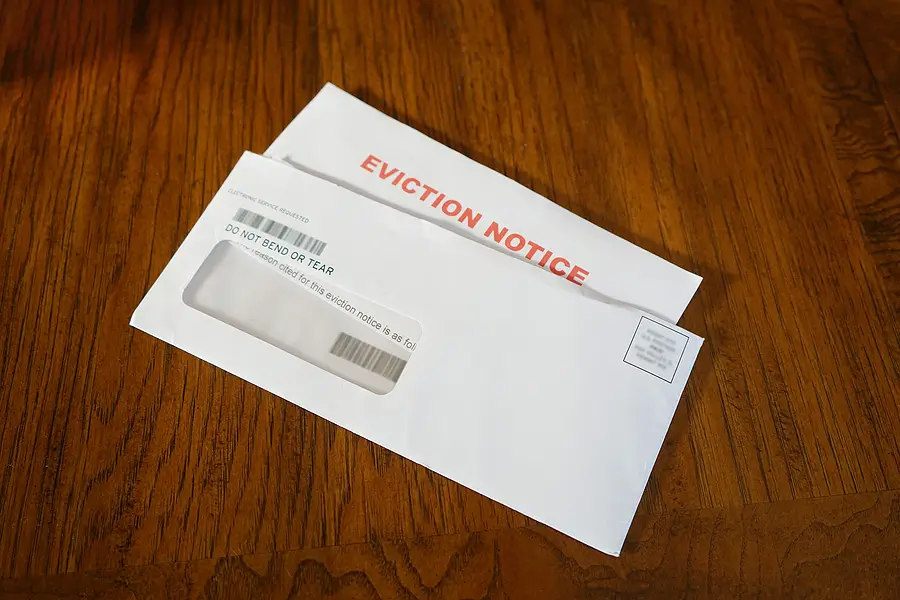Evictions are among the most difficult aspects of being a landlord. In Kansas City, there are specific rules you need to follow to do it right. One wrong move can lead to delays, legal trouble, or even having to start the eviction process again.
That’s why it’s so important to know how the eviction process works—and what your rights and responsibilities are. The more you know, the better you can protect your rental property, income, and peace of mind.
Here’s what every landlord needs to know about the proper eviction process.
Common Reasons for Eviction
Before you file an eviction lawsuit, make sure there’s a legal reason to do so. The most common causes include:
Nonpayment of Rent
This is the number one reason landlords begin eviction proceedings. When a tenant doesn’t pay rent despite reminders, you can begin the legal eviction process. You don’t need to wait months—just one missed payment could justify a Kansas eviction notice.
Lease Violations
If a tenant violates any term in the lease agreement, such as bringing in unauthorized pets or causing damage, you can issue a written notice, usually a 10-day warning to fix the issue or move out. If the lease violation isn’t resolved, you can file an eviction.
Illegal Activities
When a tenant engages in criminal activity in your rental unit, you can skip the notice period and head straight to the eviction lawsuit. The law takes these cases seriously to help you regain possession quickly.
Holdover Tenants
When a month-to-month tenancy continues after the lease term ends, and the tenant won’t leave, landlords can issue a tenant notice and start the eviction process.
How the Kansas City Eviction Process Works
Here’s how the eviction process typically unfolds:
- Serve a notice explaining the reason for eviction and the time frame for the tenant to comply.
- If the tenant fails to comply, file an eviction lawsuit in the Landlord/Tenant docket of Jackson County courts.
- At the court hearing, both the landlord and the tenant present their cases. The Kansas Judicial Council provides guidance on court rules during this stage. If the landlord wins, a judgment for possession is granted.
- If the tenant refuses to leave, a Writ of Possession is issued, allowing law enforcement to remove the tenant, usually within 5-7 working days.
Smart Ways to Avoid Eviction Situations
Evictions are costly and stressful, but there are steps you can take to prevent them. First, make sure your rental agreement clearly explains all the rules, especially about rent payments and what happens if the lease is broken.
This helps avoid confusion later. If your tenant has late rent or other issues, talk to them early. It's easier to fix problems before they get worse and lead to eviction.
Also, keep a record of every lease violation, missed payment, or communication about the rental property. This information can be helpful if you ever need to file an eviction or go to court. Kansas legal services are available to help landlords with disputes and the eviction process.
Experienced property managers can spot problems early, handle tenant notices, inspections, and assist with the legal eviction process if needed.
Handle the Eviction Process with Confidence
Evictions can be tough, but with the right steps, you can handle them smoothly. By understanding the eviction process, you can protect your property and keep things on track. If you’re dealing with late rent, lease issues, or month-to-month tenants, there’s a clear legal path that protects your investment.
At Grit Property Group, we’re here to help you every step of the way. We handle everything from collecting rent to managing eviction notices and court hearings.
Reach out to us today and let us help make managing your property easier.



